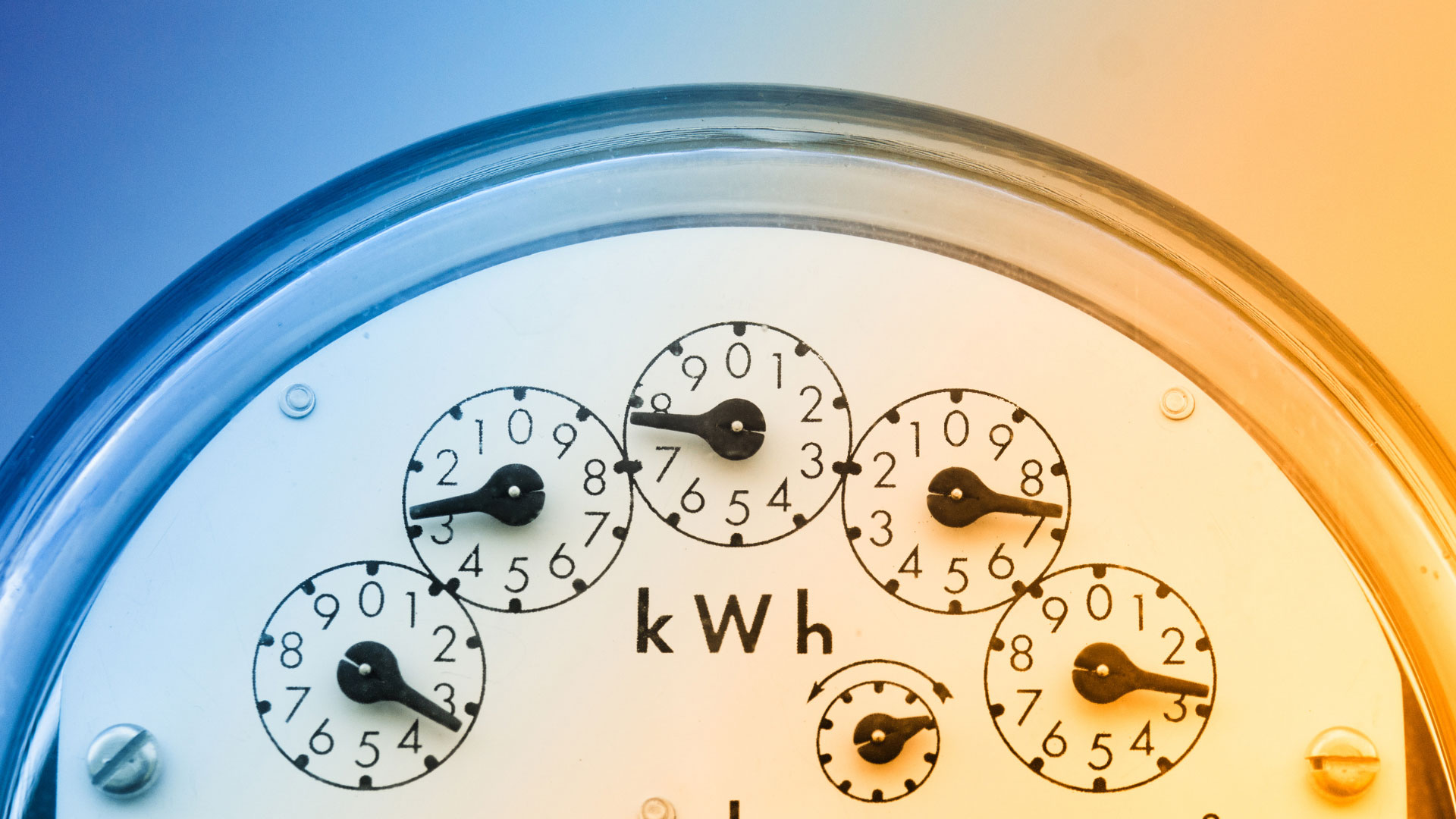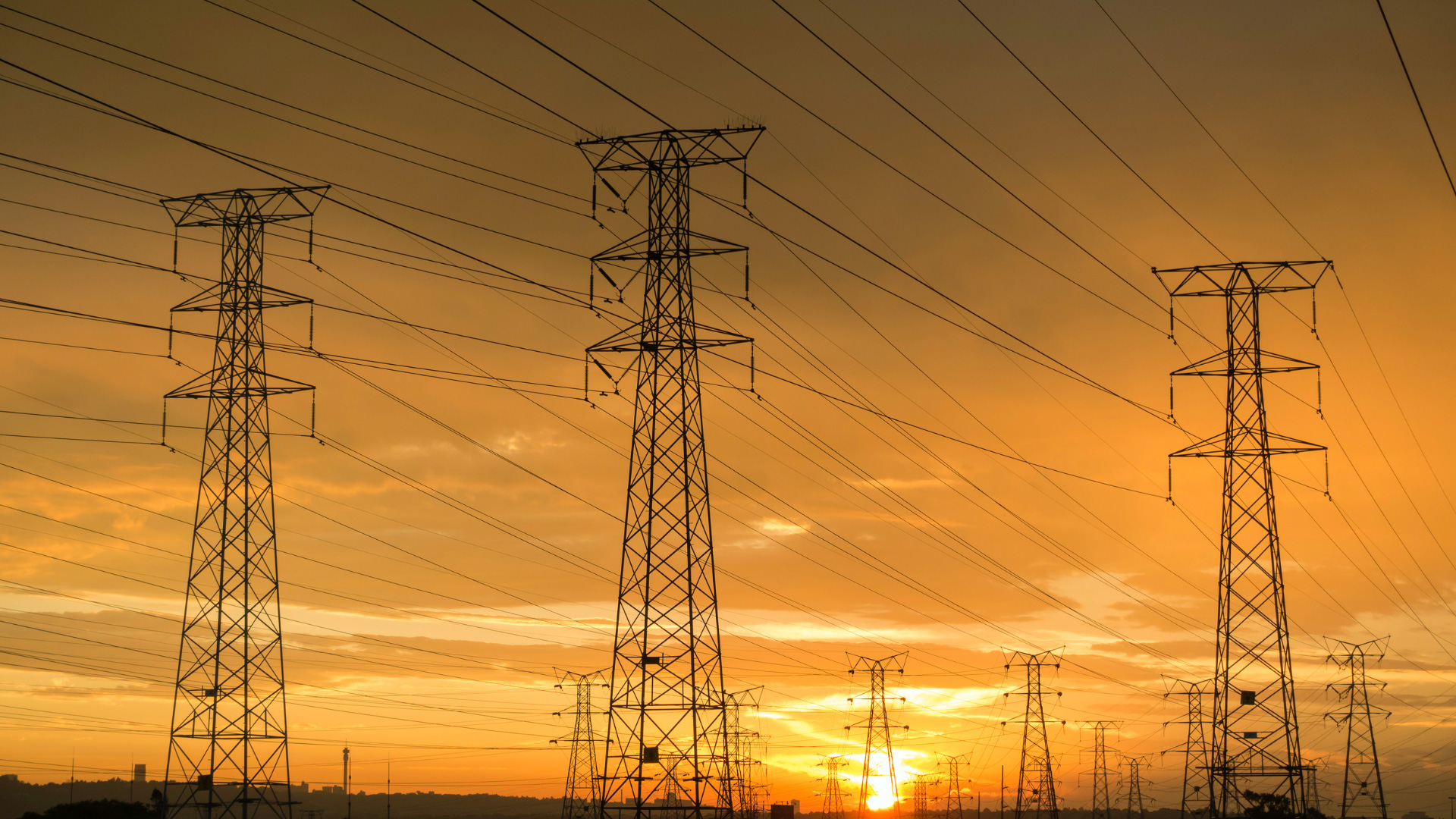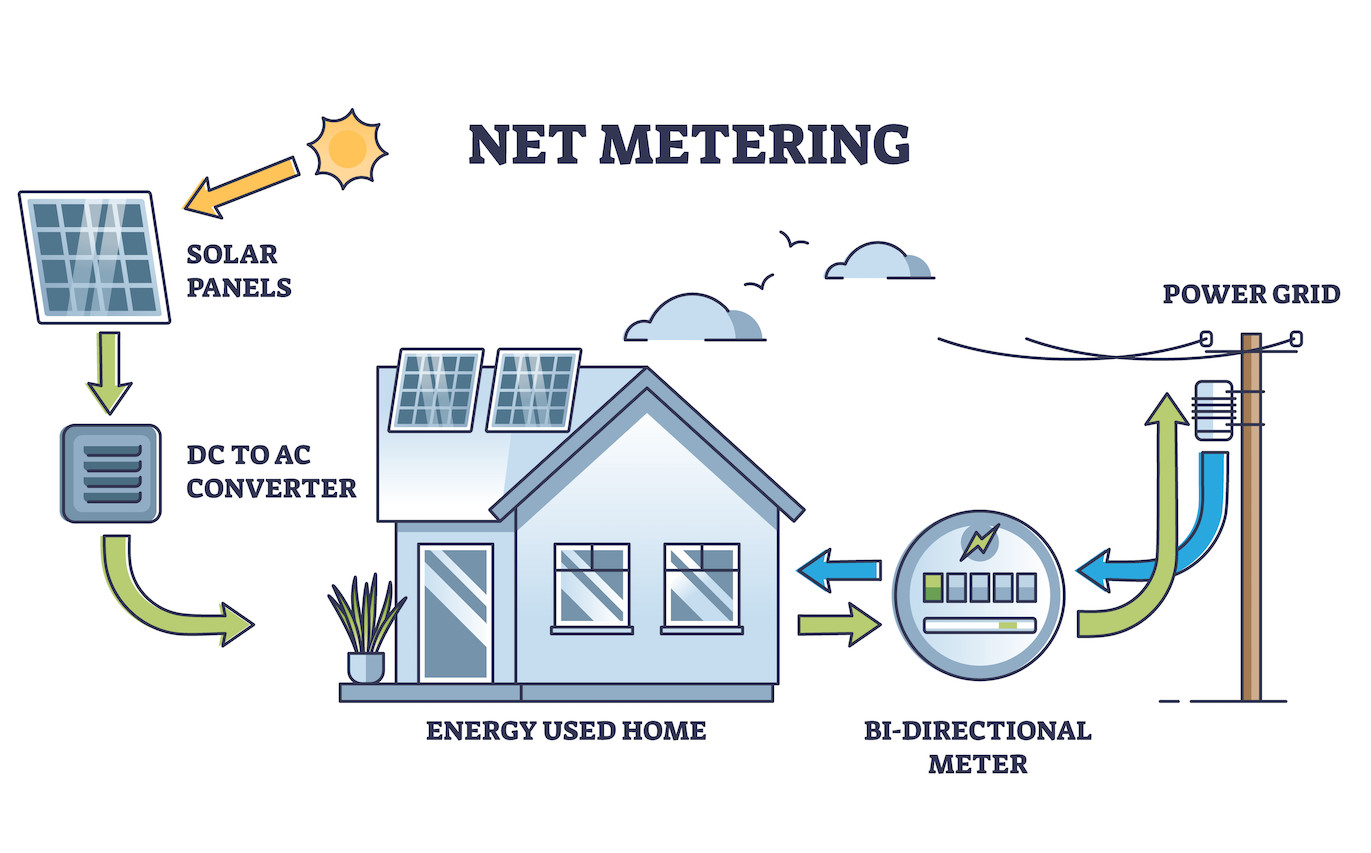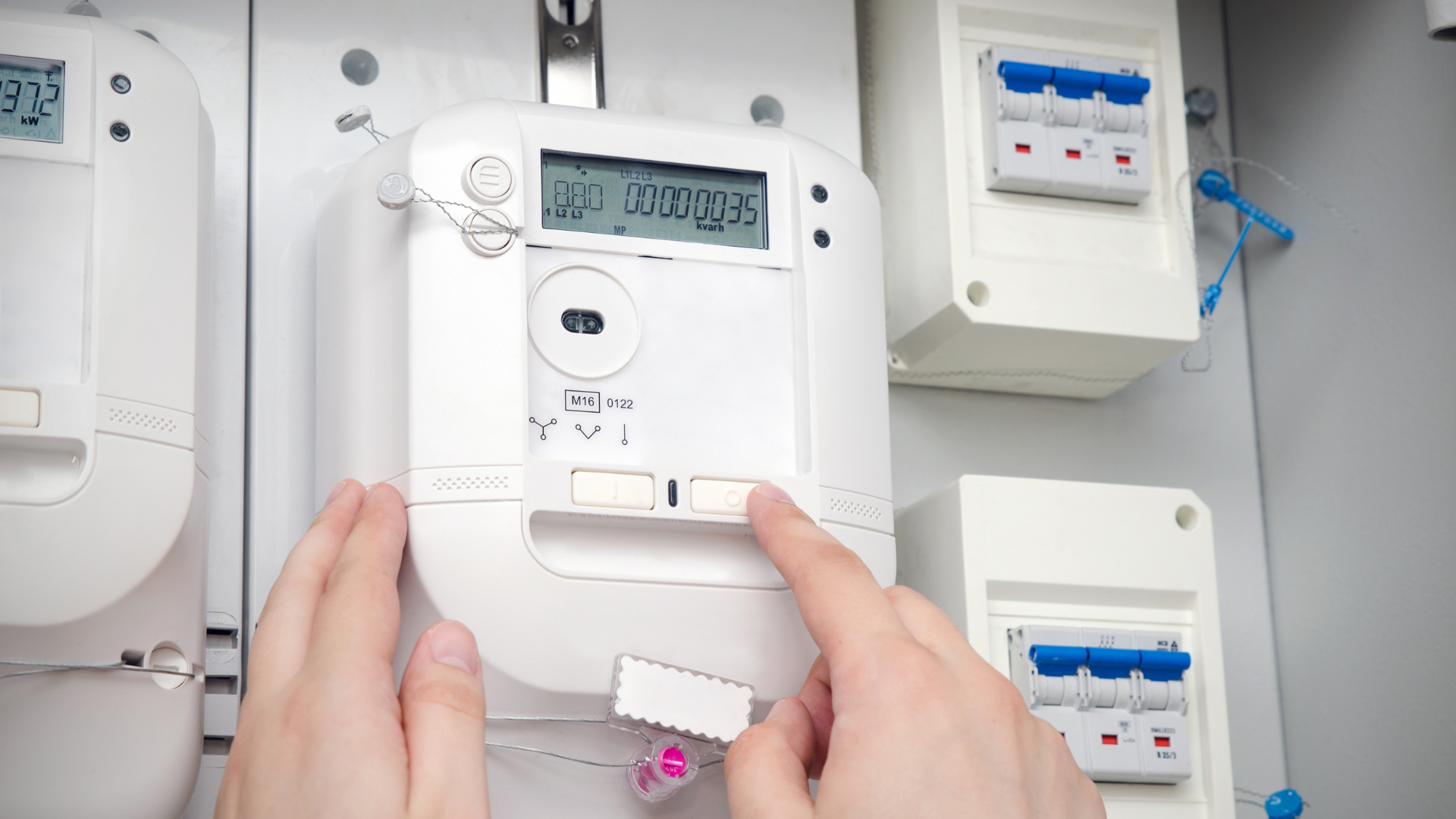Utilizing solar energy can lead to significant savings on your electric bills thanks to net metering. Florida’s net metering regulations are based on rules established in 2008 by the Florida Public Service Commission. The rules created standards for four “Investor-Owned Utilities,” (IOUS) one of which is Florida Power & Light. Here’s how Florida Power & Light’s net metering program currently works and how it’s set to change in the future.
How Florida Power & Light Net Metering Works
Florida Power & Light net metering provides the opportunity for homeowners to receive customer credits if they install and connect solar energy systems to the electrical grid. Credits are applied directly to the energy bill, and Florida Power & Light will also add monetary compensation in January for any credits not used throughout the year.
To sign up, fill out an application on the Florida Power & Light website. The program offers three tiers based on the size of your system.
- Tier 1: 0-10 kW
- Tier 2: 11-100 kW
- Tier 3: 101 kW-2 mW
How Do Consumers Receive Credit for Their Solar Panels?
Customers receive full retail credit for excess energy from their panels, equal to the amount of electricity consumed in a month. Anything extra rolls into the next month. If your solar panels do not cover all the monthly electricity, you can use excess credits from earlier in the year to cover your current bill.
Florida laws dictate that any leftover credits at the end of the year are paid to the solar owner at retail rates. This was worth 10.8 cents per kilowatt-hour (kWh) as of June 2017 for residential customers using less than 1,000 kWh a month. The fees involved in Florida Power & Light’s net metering program differ based on the size of the solar system.
Which Cities Can Access Florida Power & Light’s Net Metering System?
Florida Power & Light net metering is available across the entirety of its expansive service area. This territory includes these Florida cities:
- Clearwater
- Daytona Beach
- Fort Lauderdale
- Fort Myers
- Gainesville
- Kissimmee
- Lake City
- Lakeland
- Melbourne
- Miami
- Naples
- Ocala
- Orlando
- Port St. Lucie
- St. Augustine
- St. Petersburg
- Tampa
- West Palm Beach
What Is the Net Metering Cap?
The net meeting capacity limit in Florida is 2 mW for individual systems. There currently is no aggregate cap for the utility as a whole. Additionally, Florida Power & Light restricts systems from producing energy exceeding 115% of the household’s monthly kWh usage.
The Value of Solar Battery Storage
To protect yourself from potential changes to net metering rules, it’s best to pair your solar panels with a battery for storage. You’ll feel the benefits of this addition in several areas.
Over the past 20 years, Florida has had the most people per capita affected by power outages and has the sixth-most power outages among all states in the same period, making a solar battery come in handy during hurricane season or any other extreme weather event. Solar batteries are also quieter than traditional generators and they can help you qualify for further financial incentives at the state and federal levels.
Take Advantage of Power Credits
Solar is becoming a more popular and affordable source of energy, particularly for sunny states like Florida. Solar Optimum has been providing solar solutions since 2008 and has produced high-level batteries for the likes of Tesla and Enphase. We serve Polk County, Hillsborough County, Orange County, the Greater Orlando area, the Greater Tampa area, and Central Florida. Contact us today to enjoy Florida’s net metering program.






